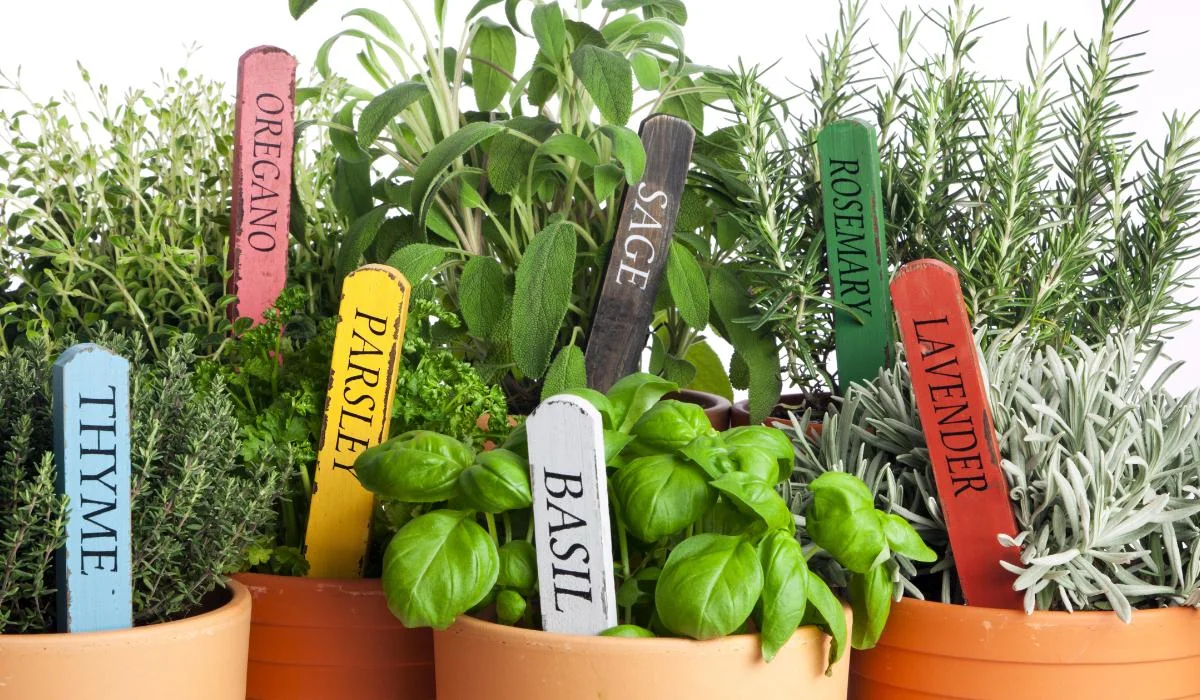
Cultivate Fresh Flavors: Grow Your Own Organic Herbs
There's something truly magical about plucking fresh herbs from your own garden and transforming them into mouthwatering dishes. Today, we're going to explore the world of growing your own organic herbs for a burst of fresh flavors that'll elevate your culinary creations. It's like having a secret garden of taste right at your doorstep.
Choosing the Perfect Location for Your Herb Garden
When it comes to growing herbs, location is key. Find a spot in your garden that gets at least 6 hours of sunlight a day. Herbs love the sun, and they'll reward you with robust flavors. If you're short on space, consider container gardening on your balcony or windowsill.
Selecting Your Herb Varieties
The world of herbs is vast and diverse, offering a treasure trove of flavors. Here are some popular herbs to consider:
Basil: A classic for Italian dishes and pesto.
Mint: Perfect for refreshing beverages and desserts.
Rosemary: Great with roasted meats and potatoes.
Thyme: Adds depth to soups and stews.
Cilantro: Essential for salsa and guacamole.
Parsley: A versatile herb for garnishes and salads.
Choose herbs that you love and use frequently in your cooking.

Preparing the Soil and Planting
Herbs aren't picky, but they do appreciate well-draining soil. Mix in some compost to enrich the soil and improve water retention. When planting, follow the spacing recommendations on the seed packet or plant label. Typically, herbs like a bit of elbow room.
Watering and Maintenance
Herbs like consistent moisture, but they don't like soggy feet. Water your herbs when the top inch of soil feels dry. Remember, it's better to water deeply but less often than to give them frequent shallow drinks. Keep an eye out for any pests and address them promptly.
Harvesting Your Bounty
The most exciting part of growing your own herbs is the harvest. When your herbs are lush and full, it's time to snip some sprigs. Use clean, sharp scissors or shears and cut just above a leaf node. This encourages new growth and ensures your herbs stay healthy.
Preserving and Storing Herbs
If you have more herbs than you can use right away, don't worry! You can preserve them for later. Here are some methods:
Drying: Hang herbs in bundles or use a dehydrator.
Freezing: Chop herbs and freeze them in ice cube trays with water.
Infusing: Create herb-infused oils or vinegars.
Cooking with Your Fresh Herbs
Now comes the fun part—cooking with your homegrown herbs! The flavors of fresh herbs are unmatched. Whether it's a basil-infused pasta sauce, a minty mojito, or a rosemary-scented roast, your dishes will come alive with the vibrant tastes of your garden.
Conclusion: A Culinary Adventure Awaits
In conclusion, growing your own organic herbs is a rewarding journey. It's a personal connection to your food, a delight for your taste buds, and a satisfying way to enhance your dishes. So, roll up your sleeves, get your hands in the soil, and start your own herb garden today. From garden to plate, the flavors you create will be truly exceptional.
Appreciate the creator